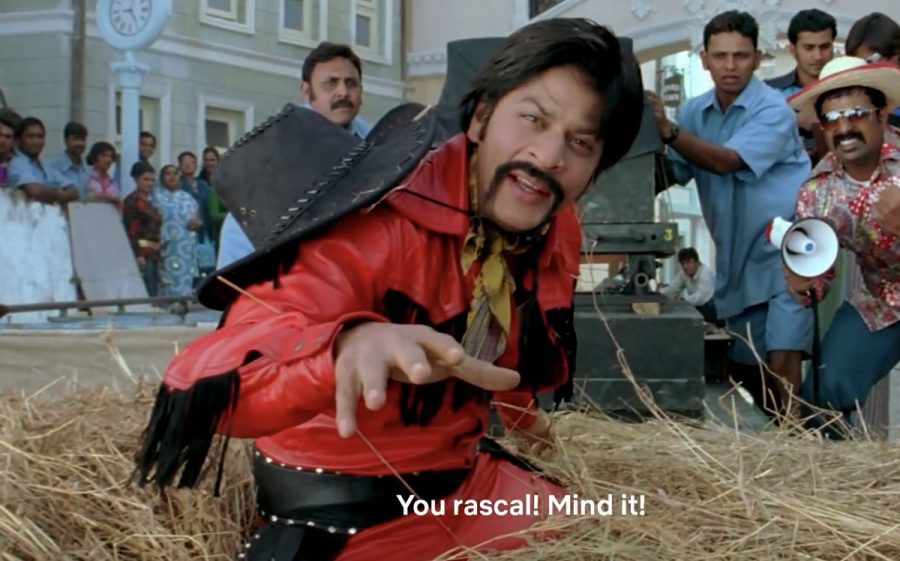North Indian privilege
North Indians are being placed on a pedestal due to their lighter skin
September 19, 2020
Growing up, I was constantly praised by my Indian aunties — I felt loved and cherished by their compliments. But it wasn’t because I was the smartest, most talented or even the most well-behaved child — I would simply get praised because of my lighter skin.
From a young age, I was conditioned to believe that light skin is favorable — I was taught to ensure my skin never darkened from the sun. I’d overhear family members saying to my parents, “You’re lucky she looks North Indian.” To clarify, I’m not North Indian. I was born in Chennai, which is located in the South Indian state Tamil Nadu.
To non-Indians, it may not seem like much of a difference — we Indians are all still a part of the same nation. But between North and South India, there is a significant difference in languages, traditions and food. In addition, South India is stereotypically considered the home of the darker-skinned Indians, resulting in generations of colorism which stems from the British colonization, deepening the differences between North and South India.
South Indians were taught to desire North Indian features and their skin tone — thus, a stigma against their own culture formed. As a North Indian-passing South Indian, I would be privy to conversations with other North Indians in which they would degrade and demean South Indians, but I would refrain from mentioning anything that might expose myself to be South Indian. I considered myself lucky for passing and allowed others to speak of other South Indians poorly.
This stigma against South Indians is not only perpetuated via conversations within Indian families, but is also constantly perpetuated through mainstream Indian media. Bollywood is one of the biggest media industries in the world, worth roughly 2.3 billion dollars (or ₹15,500). In its defense, the films are meant to be in Hindi, which is a North Indian language, and Bollywood plays a more integral role in North Indian culture. For that reason, South Indians have created their own substitutes for Bollywood, such as Kollywood (Tamil films) and Tollywood (Telugu films). However, Bollywood is considered mainstream media in India, making the problematic South Indians portrayal very dangerous due to the international exposure Bollywood gets.
One of the most influential actors in the Bollywood industry, Shah Rukh Khan, is infamous for his poor portrayal of South Indians. From making fun of the way South Indians speak English to the foods they eat and their typically darker complexion, the jokes in his films seem to always be at the expense of South Indians.
As someone who was an avid Bollywood film fan, I have watched countless films, like “Om Shanti Om” and “Chennai Express,” which have raised red flags for their offensive treatment of South Indians that I initially dismissed. Both films use exaggerated accents to depict South Indians, and make jokes about the different cuisines, the color of their skin and the sound of their languages.
I now know that I’m a part of the problem. My silence is what perpetuates that stigma, making others think that it is okay to make offensive comments. I am fortunate in the sense that a lot of the negative things I have heard about South Indians in my life were not directly targeted towards me, but that doesn’t mean I should be letting it slide.
The stigmatization of South Indian culture is prevalent among Indian-Americans as well, especially in the Bay Area, due to our large South Asian community. It’s almost more disappointing to see these incidents of prejudice happening among Indian-Americans because we should be coming together as one group considering that we are still a minority in America.
I also realize that I can’t stop at acknowledging the privilege I have, but must use that knowledge to educate others — my mentality on the subject has changed. I don’t let those Indian aunties shame me or anyone else for the color of their skin. If I’m watching a Bollywood movie with a friend, I will bring attention to the offensive stereotyping of South Indians instead of letting it slide. I’m beyond lucky that my parents have educated me on my South Indian culture, and I should be using that to teach others just how beautiful it is.


















